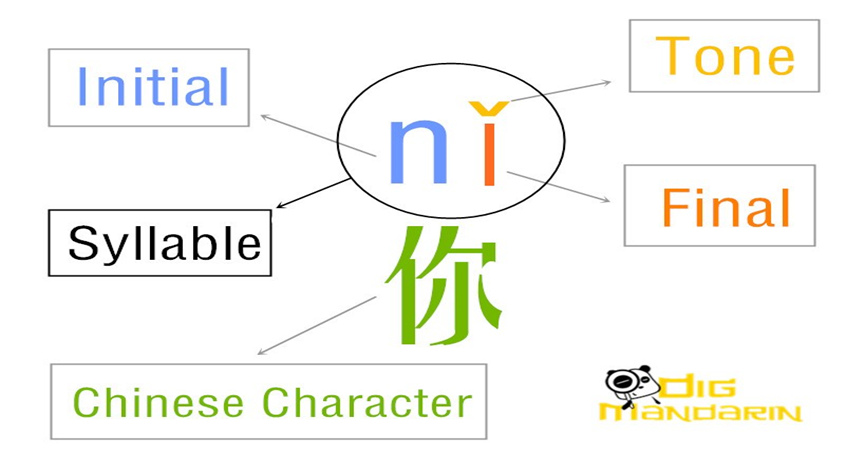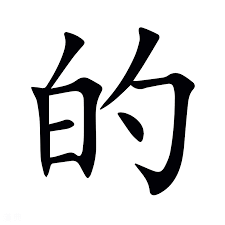Answer: CAB
Analysis:
Tā bú dàn huì shuō yīnɡ yǔ, ér qiě huì shuō zhōnɡ wén.
1. 他 不 但 会 说 英 语 ,而 且 会 说 中 文。
He can not only speak English but also speak Chinese.
Bú dàn…ér qiě… (不但…而且…) literally means “not only… but also…” in English. It is used to indicate addition and often links two clauses. This sentence means he can both speak English and Chinese.
Yīn wèi xǐ huɑn chī zhōnɡ ɡuó cài, suǒ yǐ tā lái dào le zhōnɡ ɡuó.
2. 因 为 喜 欢 吃 中 国 菜,所 以 他 来 到 了 中 国。
He came to China because he was fond of Chinese food.
Yīn wéi…suǒ yǐ… (因为……所以) is used to indicate cause and effect in Chinese. The content after yīn wèi (因为) is the cause, and what after suǒ yǐ (所以) is the effect or the result. In this sentence, xǐ huɑn chī zhōnɡ ɡuó cài (喜欢吃中国菜) is the reason, and lái dào le zhōnɡ ɡuó (来到了中国) is the result.
Zhǐ yǒu hǎo hǎo xué xí cái néng qǔ dé hǎo chénɡ jì.
3. 只 有 好 好 学 习 才 能 取 得 好 成 绩。
Only if you study hard can you get good grades.
Zhǐ yǒu…cái… (只有…才…) is used to emphasize that only one course of action will bring about the desired outcome. The sentence indicates that studying hard is a necessary condition for getting good grades.
Know More About Chinese Grammar:




